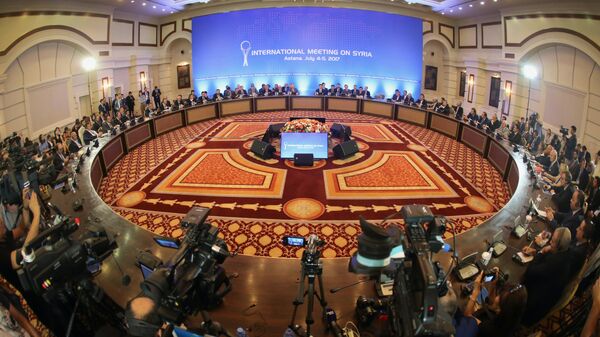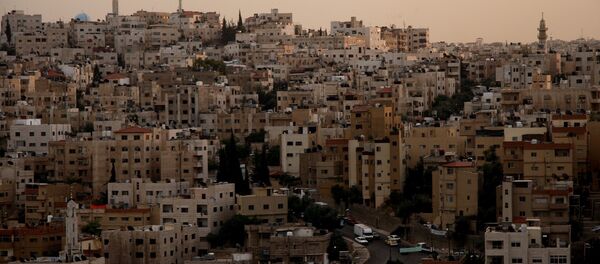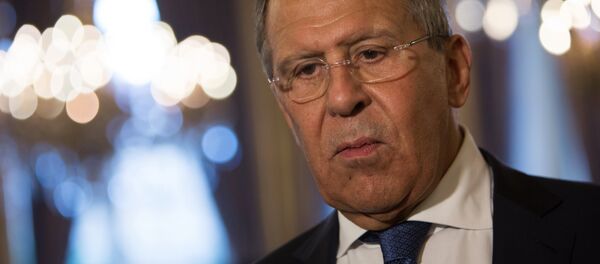"By and large, the doors for our cooperation on the further development of the de-escalation zones concept are open," Lavrov said.
He pointed out Acting Assistant Secretary of State Stuart Jones' "substantive and active" participation during the previous two rounds in Astana despite his role as an observer.
"We welcomed this decision of our US partners and will welcome their active participation," Lavrov said.
"This cooperation will continue on the implementation of those agreements that were entered into on the de-escalation zone in southwestern Syria," Lavrov said.
The deescalation zones will hopefully facilitate the fight against terrorism in the country as such areas help to demarcate the Syrian armed opposition from the international terrorist groups, Sergei Lavrov added.
"As for the fight against terrorism, I really hope that the success, achieved in the creation of deescalation zones, primarily by the Russian-US-Jordan agreement from July 7 on creation of such zone in the southwestern Syria as well as the accumulation of qualitative shifts that are about to be documented in the course of the Astana process on three other de-escalation zones, will help to more effectively fight the terrorists," Lavrov said at the press conference.
The Russian foreign minister underlined that the deescalation zones create such opportunities, which allow to demarcate the members of such terrorist groups as Daesh and Al-Qaeda, both outlawed in Russia and the United States, from the Syrian armed opposition.



